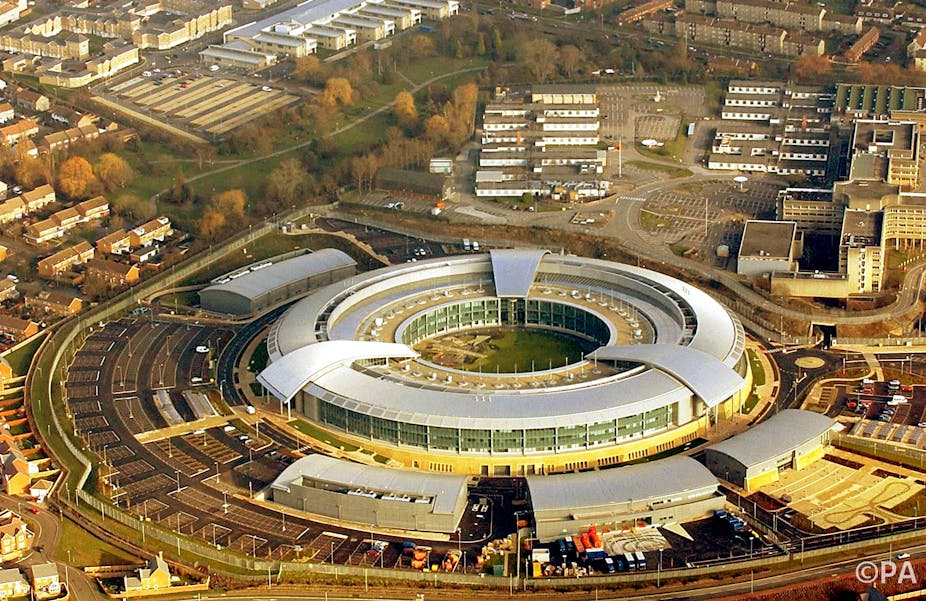So the US National Security Agency (NSA) and possibly GCHQ could have access to our emails. This should not have come as a surprise. It should be seen as a sign of things to come.
We already send close to three million emails a second. In 10 years, many things that we purchase costing more than £20 will contain a small computer and have an IP address. This might be a toaster, a spade or a handbag. These objects will collect information on everything around them.
Telemonitoring of our health status is also coming and eventually body monitoring for humans with small implants will be widespread. In major cities, the majority of human interactions will be recorded. The cost of digital storage is halving every two years, which means much of this data will be retained.
Who will own these digital shadows of ourselves? And will they constrain us - or make us more capable and free?
Risk is an obsession for our political leaders. Amid global uncertainty, increased knowledge is often held out as an antidote to risk. Our current security challenges include international terrorism, organised crime, disease or indeed demographic and socio-economic change.
A common response has been to turn to organisations that deploy “big data” to manage societal risk. Information culled from our web access, from our travel cards and our supermarket loyalty cards is being harvested and processed to provide what we might call “knowledge-intensive security”. The CIA calls this the electronic exhaust fumes of our lives.
Remarkably, government no longer owns most of this data. Today our sentinels are banks, airlines, supermarkets and ISP providers. Many organisations, both public and private, now collect, store and share data on an unprecedented scale - often across state boundaries. Airlines are typical as both vast collectors and also “customers” of named individual data, which is then refined for both commercial and security purposes.
Some would say the business of intelligence has already escaped from the confines of government and is now out there in society. “Surveillance” has merged with “shopping” and has ever wider ownership.
This is the real importance of the now famous PRISM powerpoint. We only have five slides out of 41, but what they tell us is fascinating. They not only suggest the NSA is taking data from organisations such as Facebook and Google. They also suggest the NSA taps directly into the optical fibre cables that carry torrents of internet traffic around the world. All kinds of data, not just emails, is being acquired at hidden access points in South America and the Indian Ocean.
Where will be in 10 years? The future of “big data” is often portrayed as darkly dystopian. There is no doubt that the boundaries between openness and secrecy - between privacy and publicity - are corroding fast.
But this also brings new opportunities for transparency. The individual may soon have nowhere to hide, but this will also extend to corporations wishing to dodge their tax obligations and states who want to build secret prisons. We may be moving towards what science fiction author David Brin called “the transparent society” in which both secrecy and privacy change radically - with significant benefits for the state, the corporation and the individual citizen.
Who will be the new sentinels a decade from now? GCHQ and NSA are the watchmen of the yesterday. Today it might be Tesco or Verizon. Surprisingly, the intelligence officers of tomorrow are probably us, busily collecting data with our mobile devices. Human beings will be more watched - but they will also be more connected. Potentially, the new era of “knowledge-intensive security” offers more open styles of governance.
This will require higher levels of trust regarding the way individuals, corporations and government handle personal data. We will also need radical new approaches and new concepts if public confidence is to be sustained. Either way, the transparent society will be with us sooner than we think.

